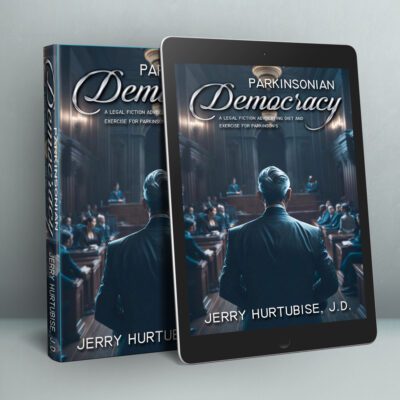You spend weeks looking for the perfect editor for your book. You find someone willing to proofread the manuscript for a nominal fee, and you’re thrilled. However, when you finally see that manuscript again, the results weren’t quite what you were expecting. The proofreader only reviewed your story for grammar, typos, and the like. He didn’t offer any suggestions regarding your word choice or even comment on your characters and plot development. You feel a bit misled, like you were expecting a symphony and got only a single violin.
What happened? Well, the truth is, not all editors are the same. Different types of editors offer different services. A proofreader typically only focuses on the nuts and bolts of your writing. He doesn’t care about your style. Maybe that’s why he was so affordable. Before you dive in and start looking for a new editor, learn about what types of editors are out there and what they will do for you.
Copyediting vs. Content Editing
Typically, most kinds of editing that you will need fall into one of two major categories: copyediting or content editing. Of course, these aren’t the only editing types that you’ll hear about. But other types, like proofreading and fact checking, fall into these categories. We’ve taken some time to break them down and explain what you can expect from each type.
Copyediting
Copyediting focuses on language. That means proofreading, but it also involves style and structure. If you hire a copyeditor, talk to them about the following:
- Grammar
- Spelling
- Punctuation
- Syntax (word choice)
- Sentence structure and variety
- Language clichés
- Other stylistic choices (like figurative language and formatting)
Content Editing
Content editing focuses on, well, content. In other words, it’s more concerned with what you say than it is with how you say it. If you hire a content editor, talk to them about the following:
- Fact checking (when relevant)
- Plot consistency and discrepancies
- Character consistency and discrepancies
- Theme development and clarity
- Effectiveness and consistency of tone / voice
Which Should You Choose?
Ideally, you’d choose both. Copyediting and content editing are both important if you want your novel to be its best. Typically, when a novel goes through the publishing process, it will receive a round of content editing first. This is because content editing will often yield rewrites. Once the content is down, it’s time for copyediting. In other words, once you’re certain the plot needs no revision, you can focus on fixing the language.
When you do find an editor, be explicit about what you’re expecting before you agree on payment. Not all copyeditors and content editors have the same strengths and may omit certain services. Also, don’t be afraid to ask for advice on certain plot elements, characters, or themes. The only way to get the most out of your editing experience is to be clear about your expectations and needs.







